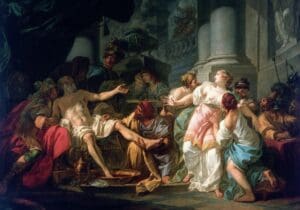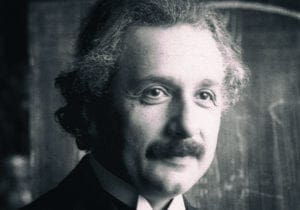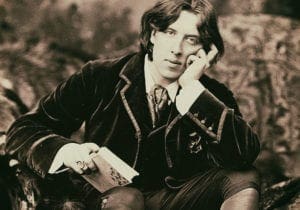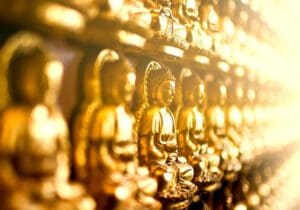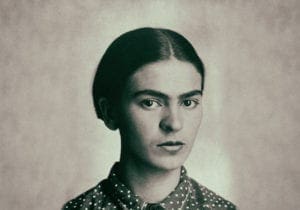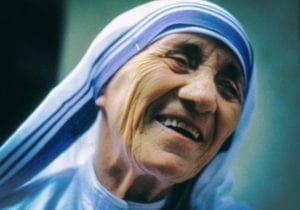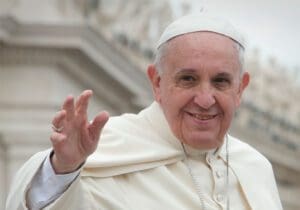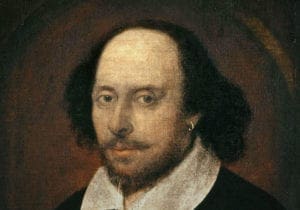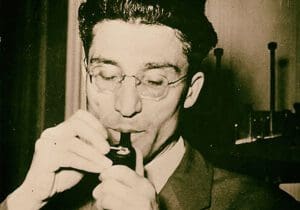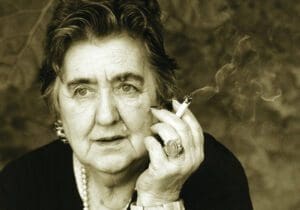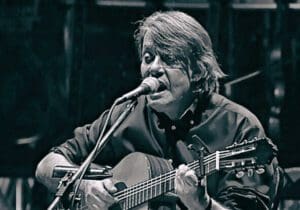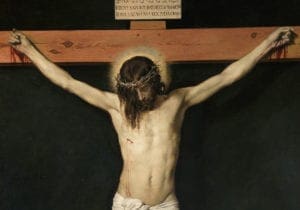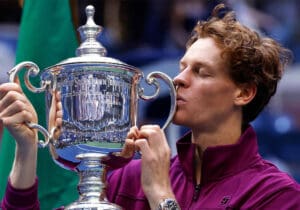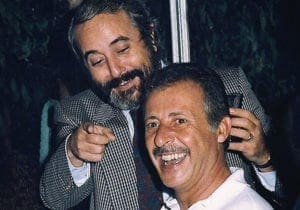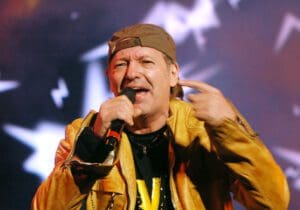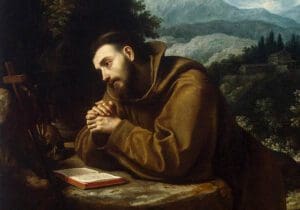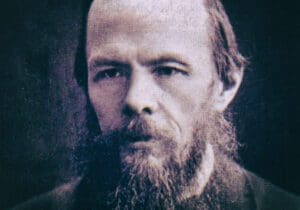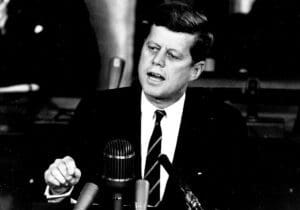
John Fitzgerald Kennedy, chiamato spesso anche solo con le iniziali JFK, è stato un celebre politico del XX secolo, presidente degli Stati Uniti d’America dal 1961 al 22 novembre 1963, giorno in cui fu assassinato.
Di origine irlandese, fu al potere in un periodo complicato della storia americana, caratterizzato dalla guerra fredda. La sua morte, avvenuta per un complotto probabilmente organizzato dalla CIA, sconvolse il mondo intero.
Qui di seguito le più belle e famose frasi di John Fitzgerald Kennedy (in inglese e italiano) sulla vita, la guerra, la libertà e tanto altro. Eccole!
Aforismi, citazioni e frasi di John Fitzgerald Kennedy (in inglese e italiano)
- If not us, who? If not now, when?
Se non noi, chi? Se non ora, quando? - Forgive your enemies, but never forget their names.
Perdona i tuoi nemici, ma non dimenticare mai i loro nomi. 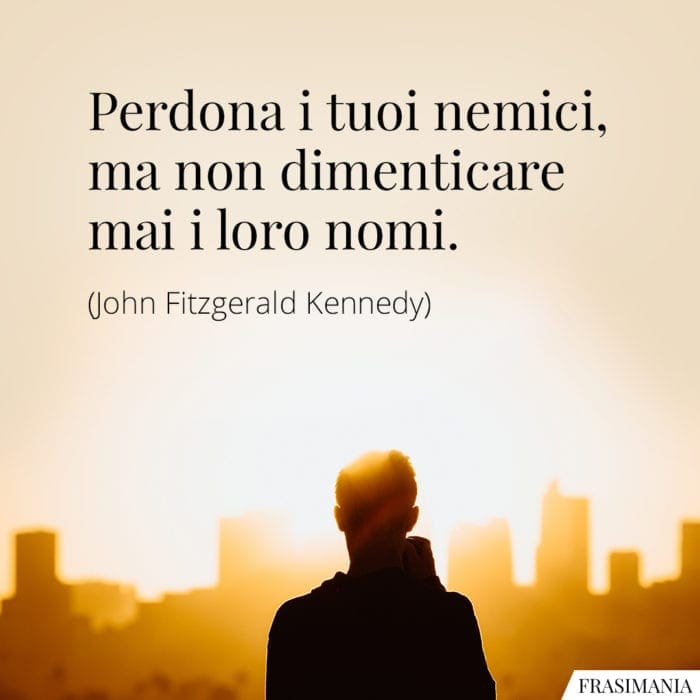
- A man may die, nations may rise and fall, but an idea lives on.
Un uomo può morire, le nazioni possono sorgere e cadere. Ma un’idea sopravvive. - We choose to go to the moon in this decade and do the other things, not because they are easy, but because they are hard.
Abbiamo deciso di andare sulla luna in questo decennio e di impegnarci anche in altre imprese; non perché sono semplici, ma perché sono ardite. - Just because we cannot see clearly the end of the road, that is no reason for not setting out on this most essential journey.
Solo perché non possiamo vedere chiaramente la fine della strada, non c’è motivo per non intraprendere il nostro viaggio. - Ask not what your country can do for you; ask what you can do for your country.
Non chiederti cosa può fare il tuo Paese per te, chiediti cosa puoi fare tu per il tuo Paese. 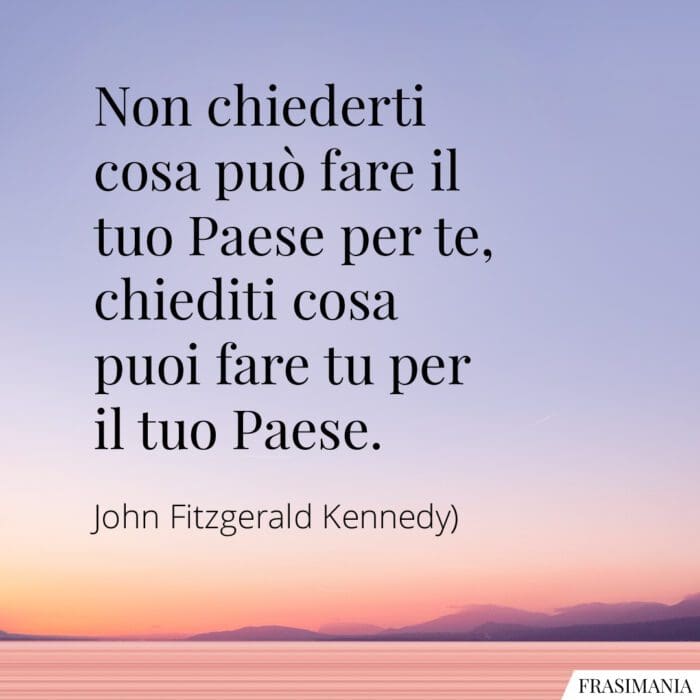
- All of us do not have equal talent, but all of us should have an equal opportunity to develop our talent.
Non tutti abbiamo le stesse capacità, ma tutti dovremmo avere le stesse opportunità di sviluppare le nostre. - Freedom has many difficulties and democracy is not perfect, but we have never had to put a wall up to keep our people in, to prevent them from leaving us.
La libertà ha molte difficoltà e la democrazia non è perfetta. Ma non abbiamo mai dovuto alzare un muro per tenere dentro la nostra gente o per evitare che ci lascino. - The ignorance of one voter in a democracy impairs the security of all.
L’ignoranza di un elettore in una democrazia compromette la sicurezza di tutti. - Those who make peaceful revolution impossible will make violent revolution inevitable.
Chi rende impossibile una rivoluzione pacifica renderà inevitabile una rivoluzione violenta. 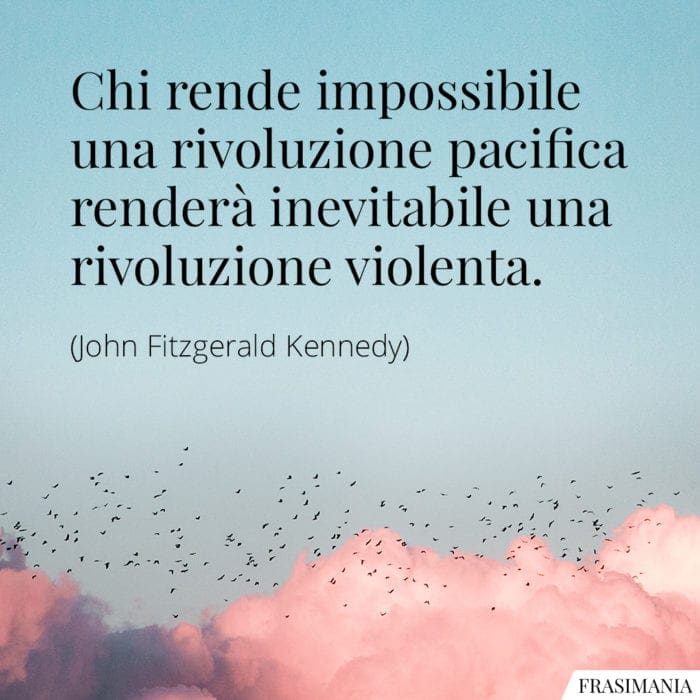
- The supreme reality of our time is the vulnerability of our planet.
La questione primaria della nostra epoca è la vulnerabilità del nostro pianeta. - Libraries should be open to all—except the censor.
Le biblioteche dovrebbero essere aperte a tutti, tranne che ai censori. - The best road to progress is freedom’s road.
La strada migliore verso il progresso è la strada della libertà. - Those who dare to fail miserably can achieve greatly.
Coloro che non temono di fallire miseramente possono ottenere grandi risultati. - Mankind must put an end to war, or war will put an end to mankind.
L’umanità deve mettere fine alla guerra, o la guerra metterà fine all’umanità. 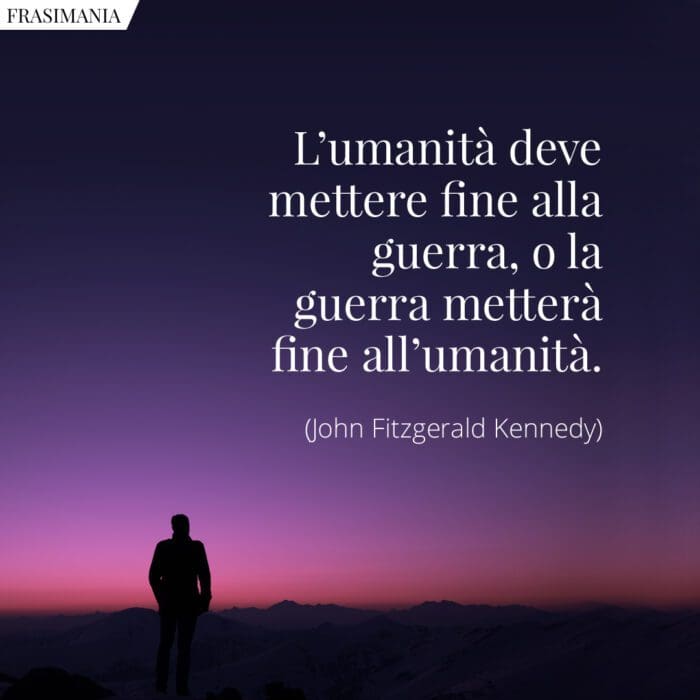
- Children are the living messages we send to a time we will not see.
I bambini sono i messaggi viventi che inviamo a un tempo che non vedremo. - All of us might wish at times that we lived in a more tranquil world, but we don’t. And if our times are difficult and perplexing, so are they challenging and filled with opportunity.
A volte tutti noi potremmo desiderare di vivere in un mondo più tranquillo, ma non lo facciamo. E se i nostri tempi sono difficili e confusi, allo stesso tempo sono anche stimolanti e pieni di opportunità. - If a free society cannot help the many who are poor, it cannot save the few who are rich.
Se una società libera non può aiutare i molti che sono poveri, non può salvare i pochi che sono ricchi. - Tolerance implies no lack of commitment to one’s own beliefs. Rather it condemns the oppression or persecution of others.
La tolleranza non implica mancanza di impegno nei confronti delle proprie convinzioni. Piuttosto condanna l’oppressione o la persecuzione degli altri. - Man is still the most extraordinary computer of all.
L’uomo è ancora il computer più straordinario di tutti. - Change is the law of life. And those who look only to the past or the present are certain to miss the future.
Cambiare è la regola della vita. E quelli che guardano solo al passato o al presente, certamente perderanno il futuro. 
- A child miseducated is a child lost.
Un bambino maleducato è un bambino perso. - Conformity is the jailer of freedom and the enemy of growth.
Il conformismo è il carceriere della libertà e il nemico della crescita. - Efforts and courage are not enough without purpose and direction.
Gli sforzi e il coraggio non sono abbastanza senza uno scopo preciso e una direzione. - Our most basic common link is that we all inhabit this planet. We all breathe the same air. We all cherish our children’s future. And we are all mortal.
Il nostro legame comune più basilare è che abitiamo tutti su questo pianeta. Respiriamo tutti la stessa aria. Tutti abbiamo a cuore il futuro dei nostri figli. E siamo tutti mortali. - The rights of every man are diminished when the rights of one man are threatened.
Quando i diritti di un singolo vengono minacciati, i diritti di tutti diminuiscono. - We must find time to stop and thank the people who make a difference in our lives.
Dobbiamo trovare il tempo per fermarci e ringraziare le persone che fanno la differenza nelle nostre vite. - So, let us not be blind to our differences – but let us also direct attention to our common interests and to the means by which those differences can be resolved.
Dunque non concentriamoci solo sulle nostre differenze, ma pensiamo anche ai nostri interessi comuni e a come superare tali differenze. - When written in Chinese, the word “crisis” is composed of two characters. One represents danger and the other represents opportunity.
Scritta in cinese la parola “crisi” è composta da due caratteri. Uno rappresenta il pericolo e l’altro rappresenta l’opportunità.


